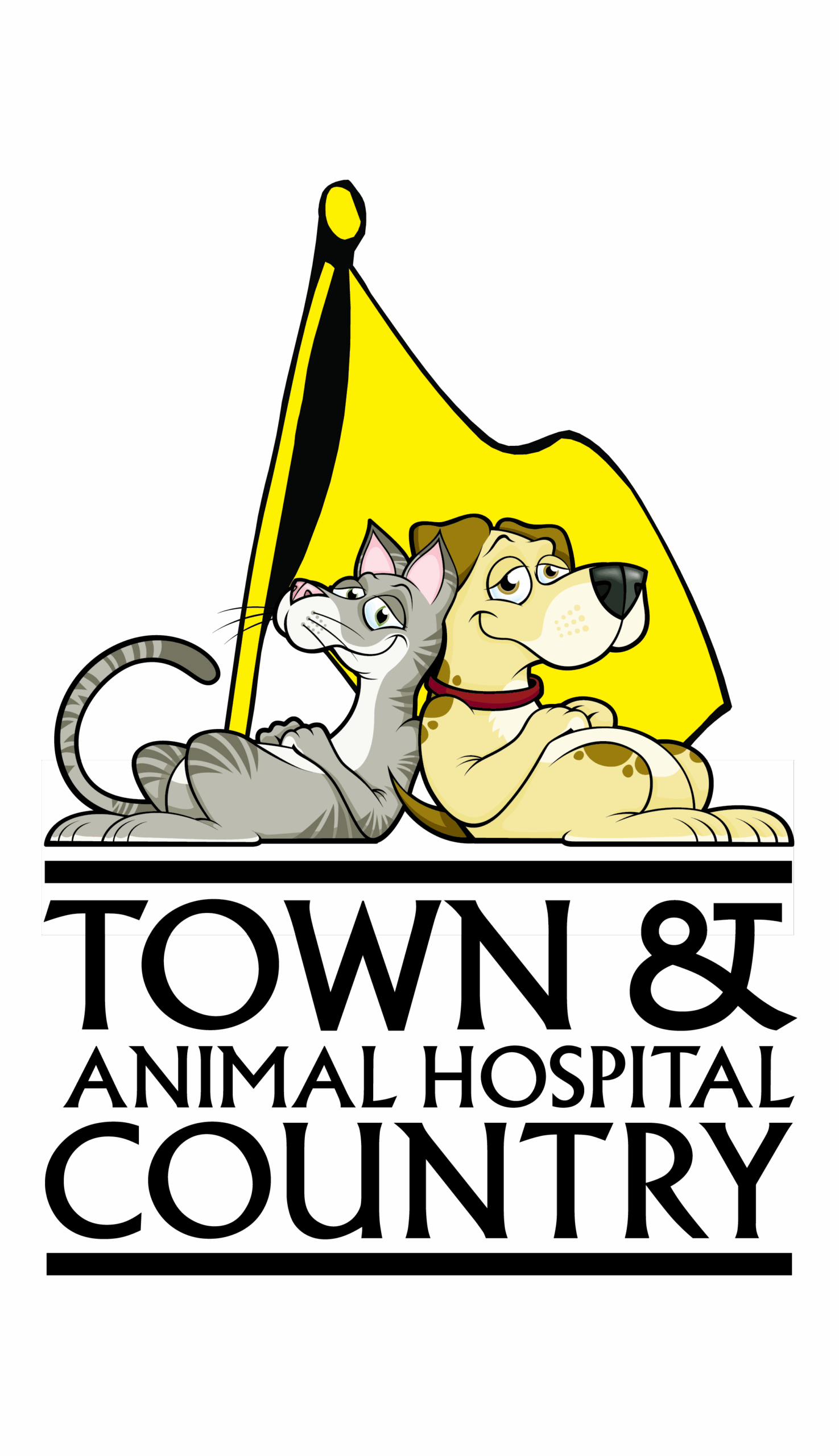Dog Dystocia
Dystocia is Greek for abnormal or difficult birth. The typical canine pregnancy lasts about 64 days from LH surge. If no breeding timing was performed, this window widens from 58 to 72 days from breeding. This wider window occurs because dog sperm can live in the female’s reproductive tract up to eleven days. Typically, labor begins when progesterone drops to less than 2 ng/ml. When this happens, the body temperature of the female dog will drop to less than 98F. Identifying this drop is facilitated by monitoringand recording your dog’s rectal temperature every morning. The decrease will usually be 2-3 degrees lower than her average temperature.
There will also be a change in the behavior of the female dog as labor starts. She may refuse to eat, become more restless and pant, seek out quiet areas or build a den (nesting), and lick her vulva area more frequently. You may also notice her tail head area softening and her vulva elongating prior to delivery. Milk in her mammary glands also helps to signal pending labor, but first-time mothers may not develop full milk production until the litter is born. First-time moms may want to go outside, mistaking labor for the need to have a bowel movement. If she asks to go outdoors, make sure to keep her on a leash and carry a clean towel to catch a puppy, just in case.
You should prepare a quiet, draft-free area for your female dog to whelp (give birth). A whelping box can be found on sites like WhelpWise.com. Layers of towels help keep the whelping area clean and dry. Soiled towels can be removed during the whelping process. Check on your dog frequently to monitor her progress but do not upset her, as stress can disrupt the birthing process. When a puppy is born, it will have a membrane around it and a green tinged ring of tissue (placenta). The placenta may be born with the puppy or shortly afterwards. Keep track of the placentas to make sure none are left behind (retained placenta). Many times, the female dog will eat the placenta, so care must be taken to keep track of them. The membrane around the puppy should be gently removed if the mother doesn’t remove it herself. The umbilical cord may be tied off with dental floss about a finger width (approximately 1cm) from the body wall. The cord will dry up after 24 hours and fall off within a few days. The puppy should be dried with a clean towel if the new mom is too tired. Do NOT swing puppies. This has been shown to cause brain hemorrhage/bleeding in the new born puppy. Instead, use an ear bulb syringe or a DeLee suction catheter.
Active labor is defined as strong contractions that come in waves or a pattern. Uterine contractions can only be monitored with a devise that measures the muscular wave pattern (tochodyametry). Abdominal wall contractions suggest uterine contractions are happening, but uterine contractions may also happen while the female dog is resting comfortably. If your girl is having strong contractions and has not produced a puppy in 15 to 30 minutes, she should be evaluated by an experienced veterinarian. If she is having mild to moderate contractions, she should be examined by a veterinarian if she has not produced a puppy within 2 (experienced moms) to 3 (first time moms) hours. Two to three hours is also the maximal time between puppies. Dark green material from the vulva means: your dog is in active labor, the cervix is open and the placenta has separated from the uterine lining. If no puppy is produced within 5-10 minutes, or if there is red blood or clots of blood from the vulva,you should seek veterinary attention as soon as possible.
Dr. Deirdre Carver-Raffa is our in-house theriogeologistat Town and Country Animal Hospital and a Board Certified Diplomat of the American College of Theriogenologists. A true reproductive expert, she is the only veterinarian with these credentials in the Naples/ Bonita Springs/ Estero area. If you have any questions about dystocia or any other reproduction issues, from types of canine breeding to difficulty with pregnancy for dogs, etc., please call our office at (239) 353-5060 to schedule an appointment with Dr. Carver-Raffa.










